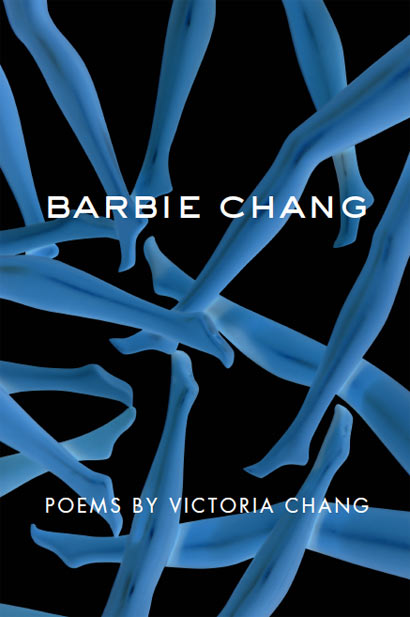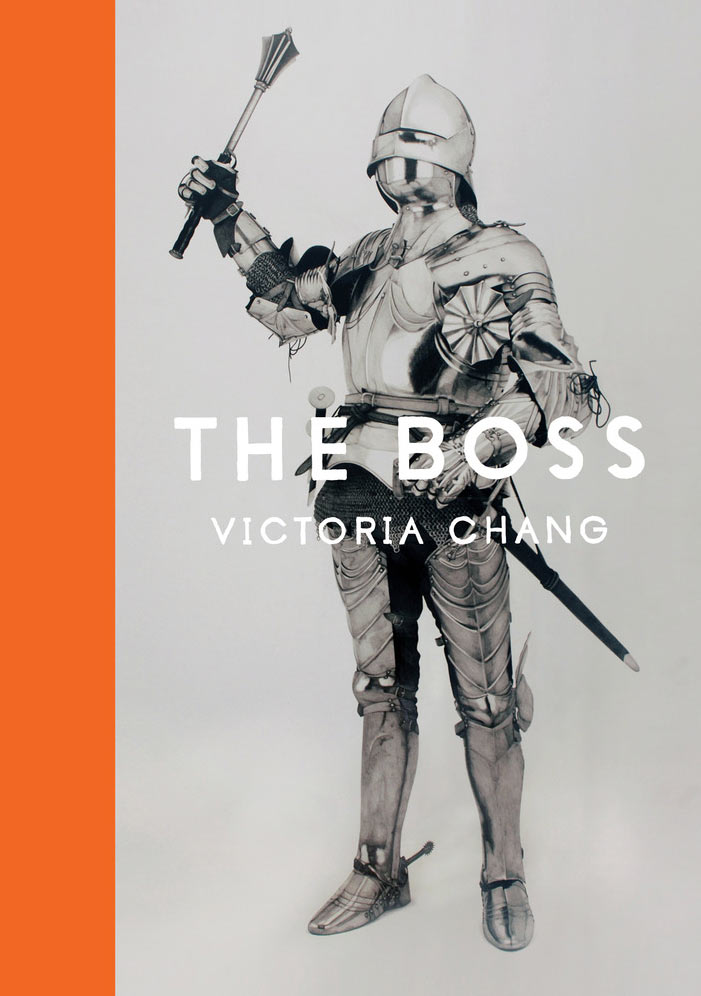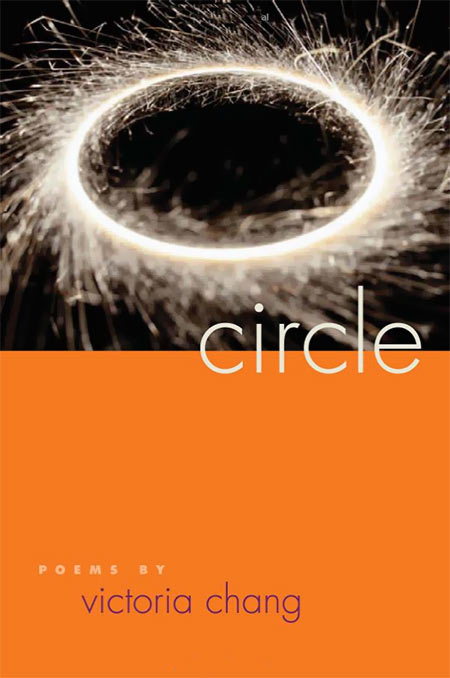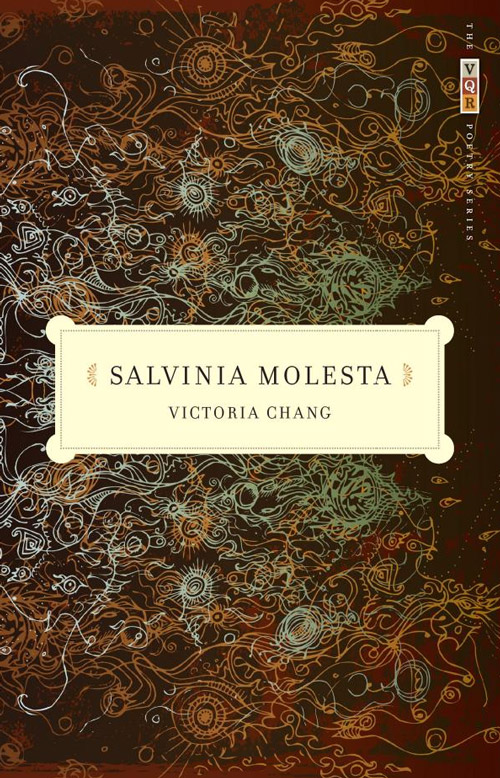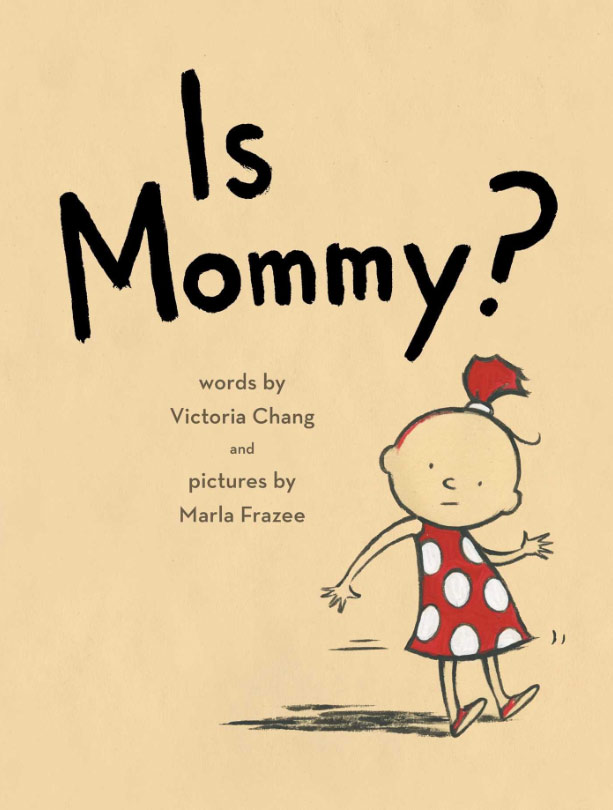by Amy Lutz, MCWC Executive Assistant
With only two weeks before the deadline for MCWC 2019 scholarship and Master Class applications, many of you may be rushing to finish your submissions. Often as writers we find there simply isn’t enough time for our writing amidst everything demanding our attention!
In this month’s faculty spotlight interview, MCWC 2019 Poetry Instructor Victoria Chang shares advice on finding a balance between writing and life. As the author of four published collections of poetry, with a new book due for publication in 2020, Victoria can speak to the demands of a busy writing life. She has also edited the anthology, Asian American Poetry: The Next Generation, and published a children’s book. She has received a Guggenheim Fellowship, a Sustainable Arts Foundation Fellowship, the Poetry Society of America’s Alice Fay Di Castagnola Award, and a Pushcart Prize. Though she spent many years juggling her writing career with a career in business, she now writes full time and teaches within Antioch’s MFA Program.
Keep reading for inspiration to get those scholarship and Master Class submissions ready! Applications close February 15. Visit mcwc.org for full application details.
In addition to your MFA, you have an MBA from Stanford and you used to work as a business consultant, an experience that inspired your third book of poetry, The Boss. In this interview with The Adroit Journal, you mentioned that you only recently began writing and teaching full time. Can you share about this transition? Do you enjoy working in the writing world full time?
I worked as a consultant and also in marketing and communications. Towards the end of my business life, I worked in academia so it wasn’t entirely mercenary but it was still very different. I didn’t return to business after my mother passed and I won a Guggenheim that allowed me to leave my job. At that time, I was also adjunct faculty at Chapman University and gaining teaching experience. A job came up at Antioch and here I am.
Working in the writing world full-time is a little different. I like it a lot, but truthfully, sometimes I miss working with business people because the training is different. The vocabulary is different. The mindset is different. It’s more collaborative and team-work isn’t some weird scary thing. Granted, there are a lot of things I don’t miss, but that is one thing I do miss. Nothing is ever perfect, of course. Now I’m busier than ever and barely have time to breathe.
In your latest book of poetry, Barbie Chang, you tackle issues of race, class, and gender through a perspective that the Los Angeles Review of Books described as a “feminist critique of spectatorship.” How was the writing process of this book for you? What inspired this book and how did it come about?
Initially these poems were first-person poems and I was mostly playing around to see if I could even write poems that had a bit of social critique to them. Eventually, I felt the first-person was too limiting so when the name Barbie Chang popped into my head, I laughed because it seemed so ludicrous (Barbie being an idealized American and Chang being un-idealized) and then I changed all the poems to third person and the poems became more fun to work on at that point. At some point, I also mined an older manuscript, pulled in a bunch of older poems and revised those into the manuscript, as well as wrote new poems at the end of the book.
You spoke about your MFA from Warren Wilson in this interview with The Rumpus. You said you were accepted into another program, but it would have required you to leave your job so you turned down the offer. Later, you found the program at Warren Wilson, which was a better fit for your working schedule. What advice to you have for writers managing their passion for writing with the responsibilities of a day job?
Back then, it was a more unusual to do a low-res program or to have a day job. Given the dearth of jobs in academia (with a livable wage), I think more and more people will have different backgrounds now. I think that’s a good thing. I’m always interested in reading stories or poems by people who didn’t go straight into a Ph.D. program right out of undergrad. In terms of advice, I have none, but get ready to be busy and disappointed. Add children into the mix and it gets harder. You have to really want a writing life and you have to really want to write.
You now teach at Antioch University’s MFA Program. What do you enjoy about teaching? What do you hope the participants will take away from the poetry workshop at MCWC 2019?
Mentorship. I like talking to people so it’s nice to be able to parlay any life experience I have to other students. I hope that participants will learn how to pay more attention to language and see the possibilities that are not on the page. Plus, my favorite thing to do is to workshop and to teach in a small group setting that is not in the context of an academic semester. It is literally the thing that brings me the most joy so be prepared to have a lot of fun, learn a lot, and be in an inspired group. I truly love intensive workshops.
In this interview with Guernica, you bring up an interesting discussion about writing in the age of social media, and the connection today between “the person and the poems,” as you put it. How do you feel the digital age has affect the world of poetry? Do you have advice for poets trying to manage their art in the world of social media?
I have no advice about this but the advice my father once gave me when I was upset at someone who had written me a rude email. He said: “Just delete it. If someone calls, hang up. If they send you a letter, throw it out.” I thought he was ridiculous with his grand gestures, but I have to admit, I hang onto his advice hard now that he can’t communicate with me anymore. He’s right about social media. I don’t get involved in all the fights and other things that can happen on social media. For me, it’s about love, community, and sharing. Goodness. I ignore all the rest. I just “delete it,” as dad used to say.
What do you see as the role and import of poetry in the world today? As an instructor in a low-residency MFA program, do you have advice for people balancing their passion for writing with the demands of work, family, and relationships?
I think poetry can be important to some people but I don’t see it as the end all be all. There are a lot of different art forms that can move people in different ways. I love poems and think they get people to think more deeply and to feel more deeply. I will only say that balancing is difficult and again, you have to write because you can’t not write. And also understand that there could be years or even decades where you’re just too busy to write and things come up. It’s not worth anyone’s time to beat yourself up. On the other hand, using time as an excuse is a problem if you’re using it as an excuse. Sometimes I say I don’t have time, but I realize it’s because I’m not that interested in a particular project.
You have two dachshunds named Mustard and Ketchup, which are adorable names! You also are a mother and have published a children’s book, Is Mommy? How does your personal life inspire your writing? When you’re not teaching or writing poetry, how do you like to spend you free time?
I have no free time! Really. I’m in the process of trying to figure out how to earn some of that back. Wish me luck.
To learn more about Victoria, visit her website at victoriachangpoet.com.
If you would like to register for her Poetry workshop at MCWC 2019, please visit mcwc.org after March 1 when general registration will be open.
To apply for a scholarship, visit mcwc.org/scholarships.
To apply for the Master Class, taught by Myriam Gurba, visit mcwc.org/master-class.
Applications close February 15 and no late submissions will be accepted. Good luck! We look forward to seeing you at MCWC 2019!


